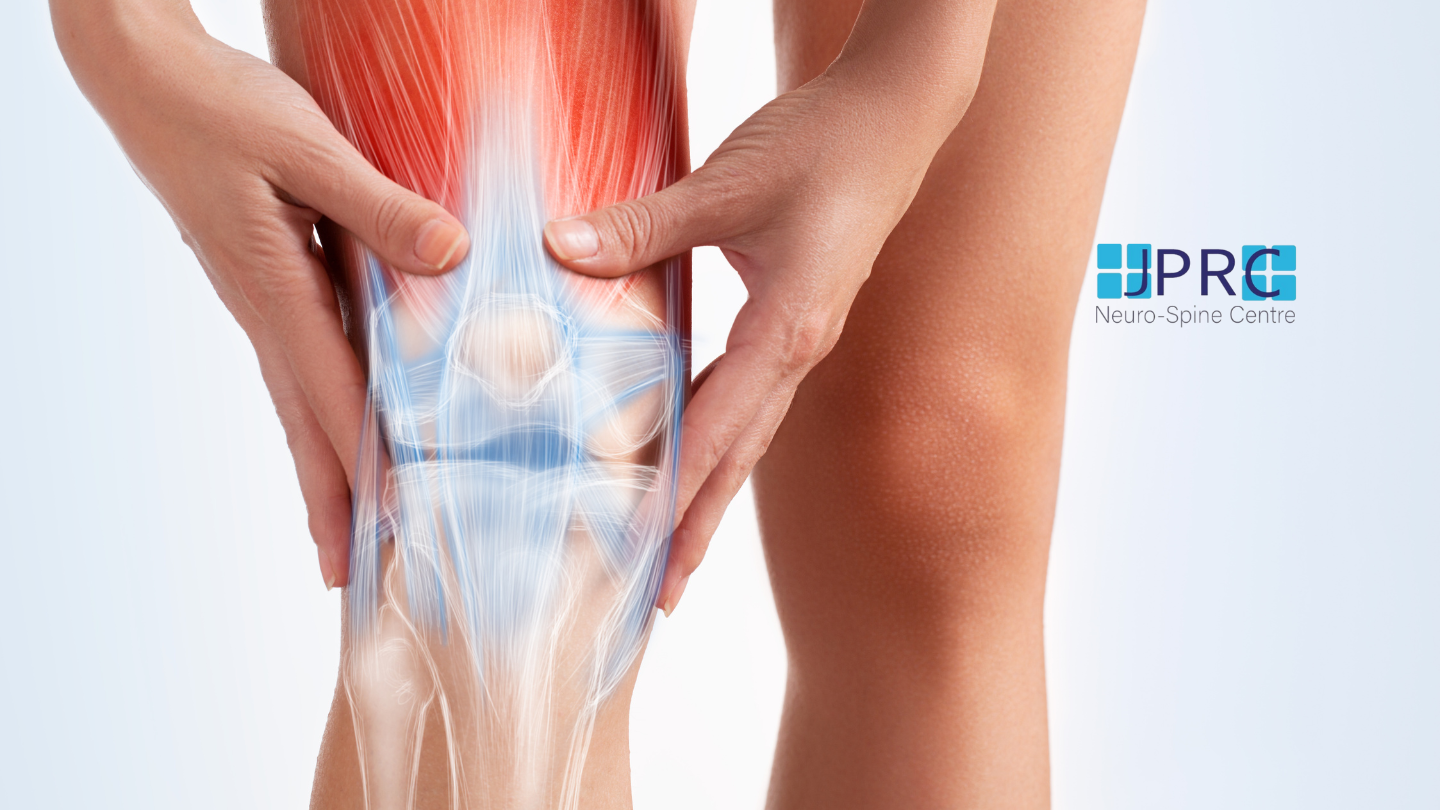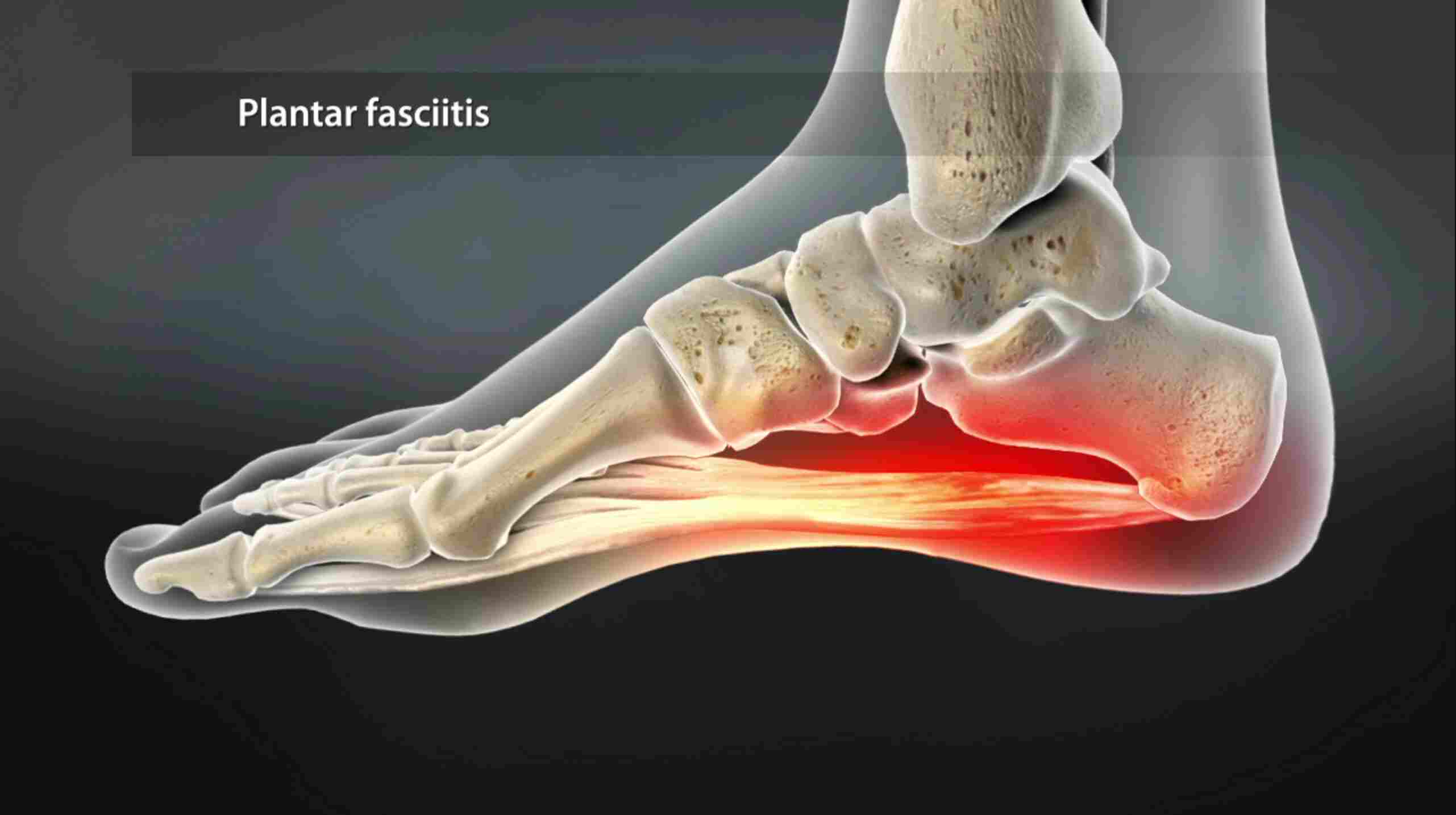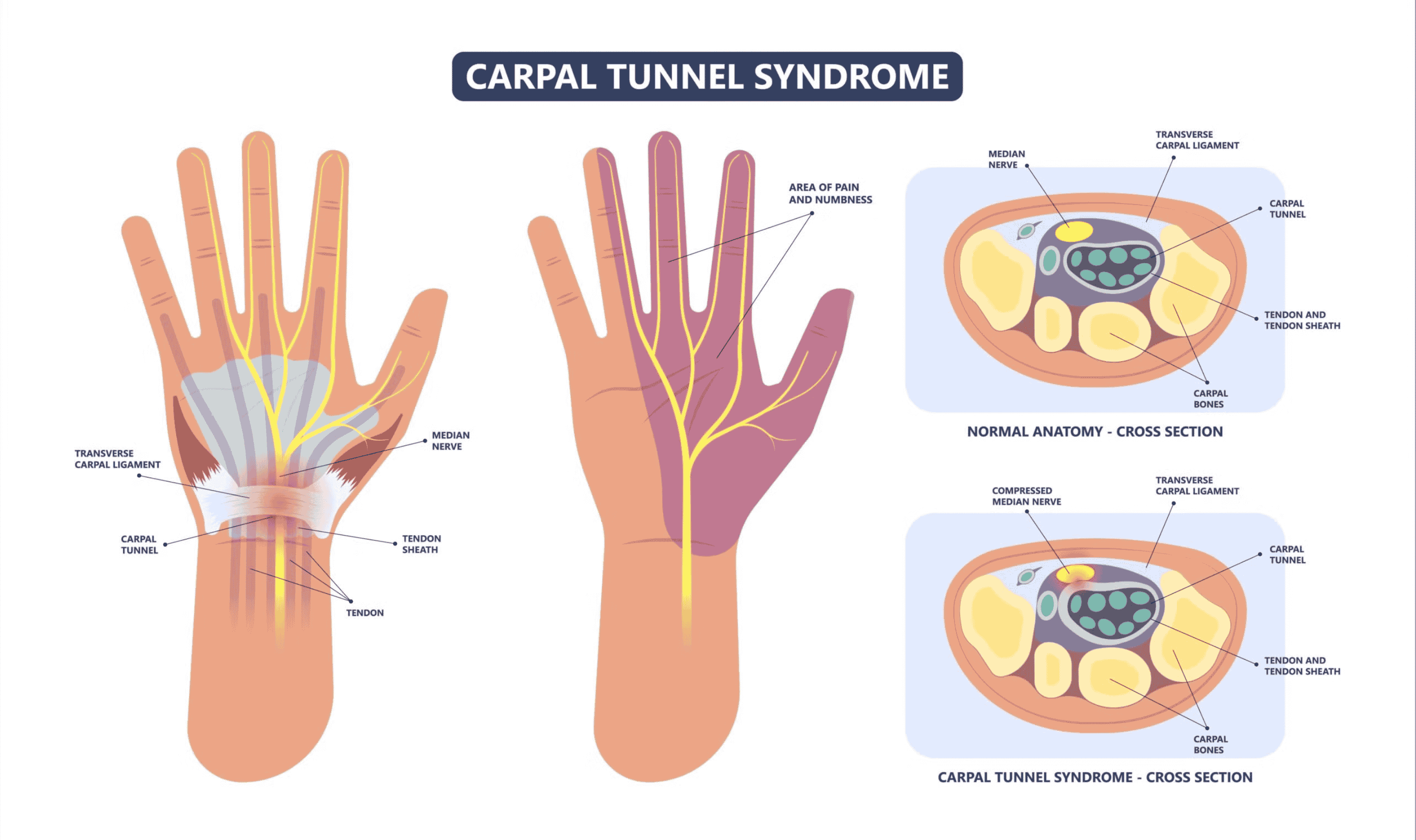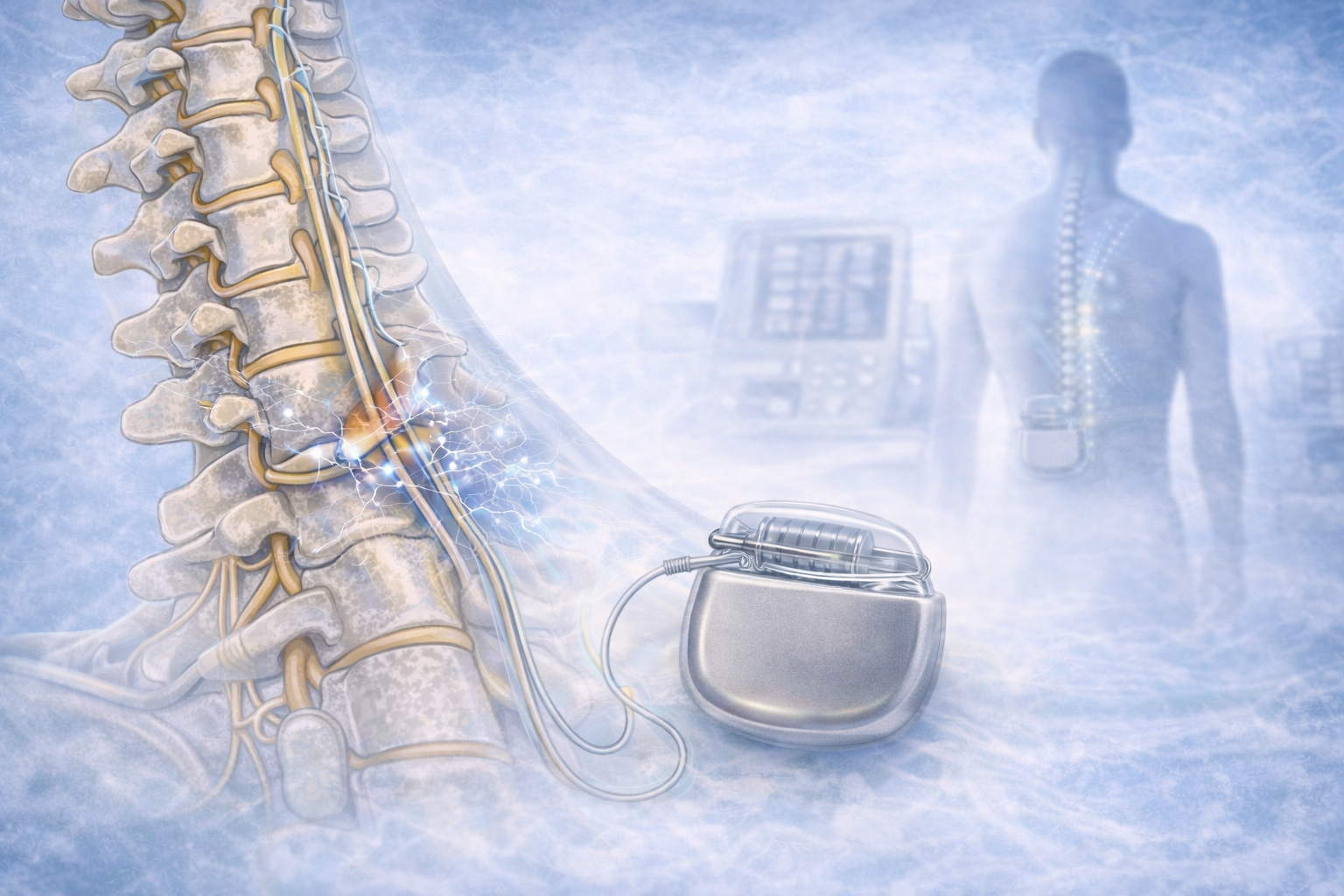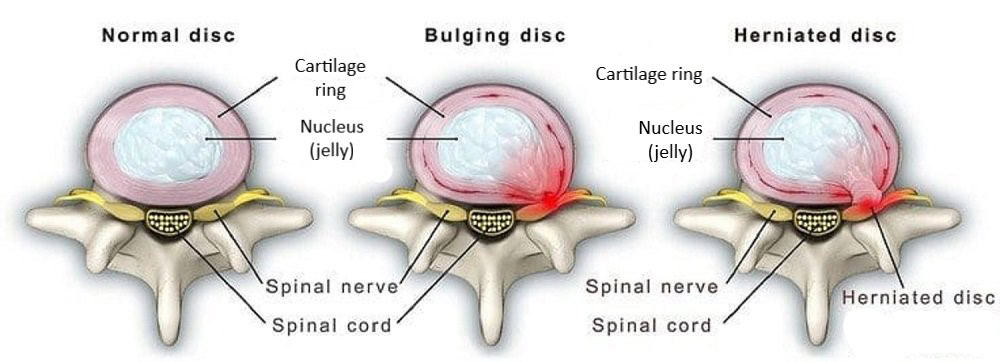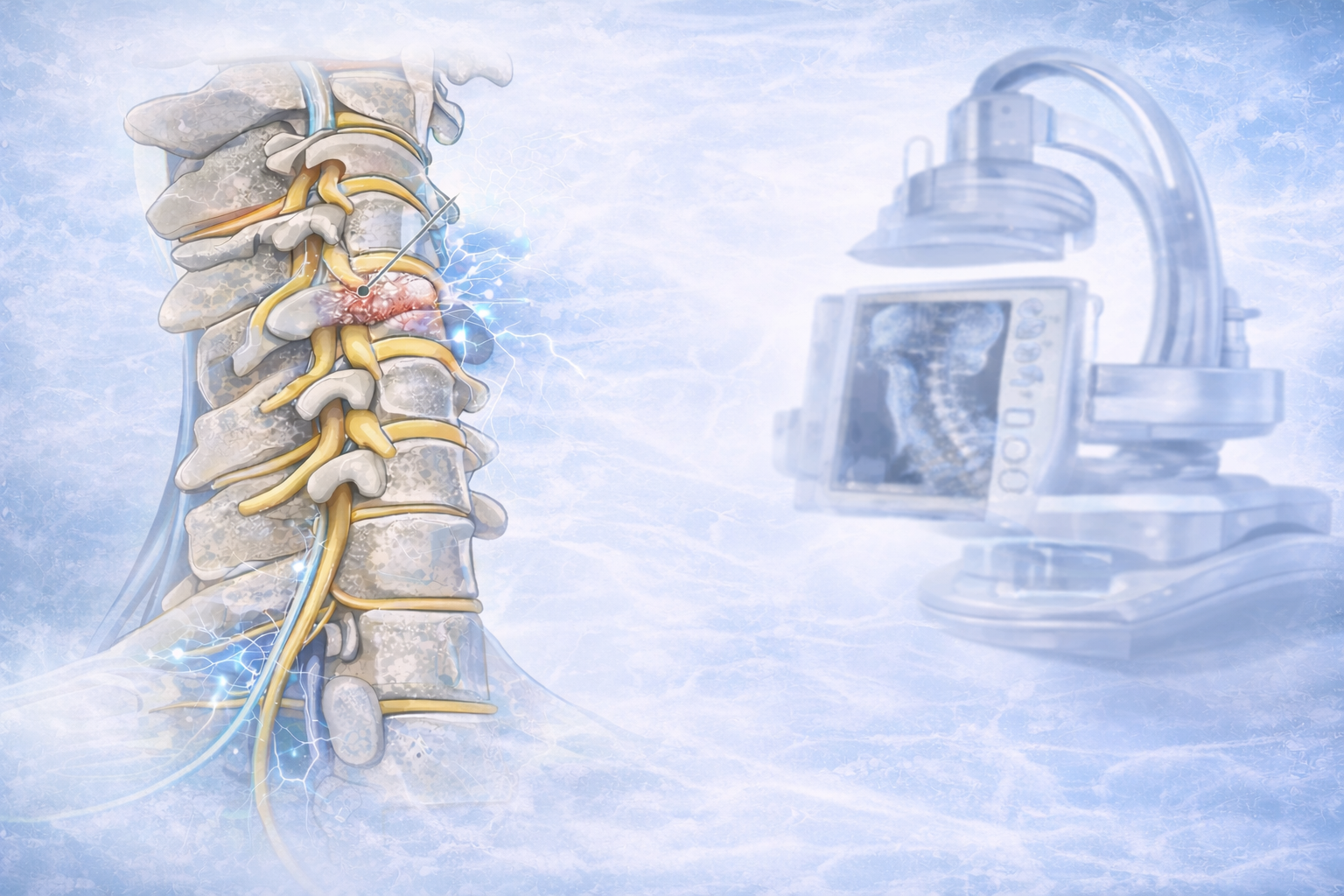Pain Management in Abdominal Cancer Patients: Coeliac Plexus Block
Cancer is a powerful enemy that causes tremendous pain. This pain is particularly
difficult to manage for abdominal cancer patients due to its location and severity.
Modern medicine has led to new pain treatment methods like the coeliac plexus
block. Coeliac plexus blocks, their indications, treatment types, benefits, hazards,
and importance in multimodal abdominal cancer palliative care will be discussed in
this blog article.
1. Pain Management
A minimally invasive treatment called coeliac plexus block relieves severe
stomach cancer discomfort. Pain signals come from the coeliac plexus, a cluster of
abdominal nerves. A coeliac plexus block works by targeting these nerves to
disrupt pain signals, relieving patients of terrible pain.
2. Nerve Block
The coeliac plexus nerves are injected with a local anesthetic or neurolytic
medication. Patients with chronic pain can find relief from this injection, which
blocks pain impulses. Nerve blocks are used to treat a variety of pains, and coeliac
plexus blocks manage stomach cancer discomfort.
3. Symptoms
Patients with advanced pancreatic, stomach, or liver cancers are suggested for
coeliac plexus block. Those with this condition commonly have pain that doesn't
respond to painkillers. A coeliac plexus block might help patients restore comfort
and normality.
4. Procedure Types
Healthcare professionals can execute coeliac plexus blocks in numerous ways. The
patient's condition and the medical team's expertise determine the method.
Retrocrural, transcrural, and endoscopic ultrasound-guided techniques are
common. Each strategy has benefits and may be favored in certain situations.
5. Pain Relief Time
Different patients experience different durations and effectiveness of pain relief.
Some people need multiple injections to regulate pain, but others receive long-term
relief. Medical professionals provide tailored care and close monitoring due to the
unpredictability of outcomes.
6. Pre-procedure evaluation
To establish suitability and rule out contraindications, coeliac plexus block patients
receive a thorough evaluation. This assessment customizes the treatment plan to
the patient's needs and medical history.
7. Advantages and Drawbacks
The coeliac plexus block improves pain control, reduces narcotic use (which can
lead to addiction), and improves quality of life. As with every medical procedure, it
has dangers. Temporary pain, diarrhea, and hypotension may occur. A modest
danger of damage to surrounding structures is rare and is addressed by trained
cancer specialists.
8. Multidisciplinary Method
Coeliac plexus blocks rarely work alone. It's part of a comprehensive pain
treatment plan. Oncologists, anesthesiologists, and interventional radiologists must
work together to provide the best care. A multidisciplinary approach evaluates all
facets of the patient's illness and tailors treatment.
9. Palliative Care
Palliative care improves the quality of life of cancer patients. Palliative treatment
relies on coeliac plexus blocks to help cancer patients manage discomfort. It
enhances comfort and dignity in old age.
10. Patient Education
Healthcare, including coeliac plexus block, requires informed decision-making.
The procedure's goals, advantages, risks, and restrictions should be known to
patients. To ensure the best outcomes, our specialists provide complete
information, answer questions, and involve patients in decision-making.
Coeliac plexus block provides hope to stomach cancer patients in severe pain. This
minimally invasive pain-targeting technique could improve their quality of life.
Every patient needs compassionate and holistic palliative care, and coeliac plexus
block provides that by working with a multidisciplinary healthcare team and
educating patients. Cancer specialists like Dr. Minhaj Akhter are rays of hope,
helping cancer patients. Dr. Akhter, a recognized cancer pain specialist, has helped
numerous patients with his expertise, kindness, and devotion to pain treatment.

2.jpg)








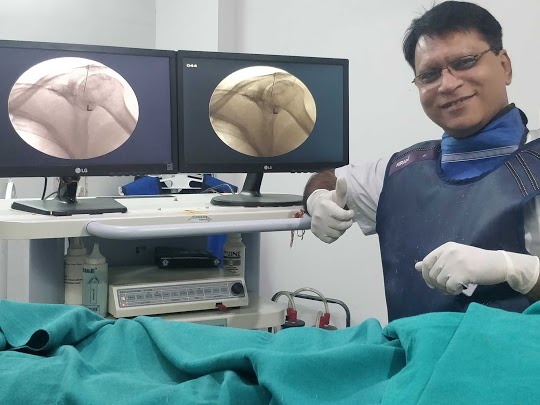



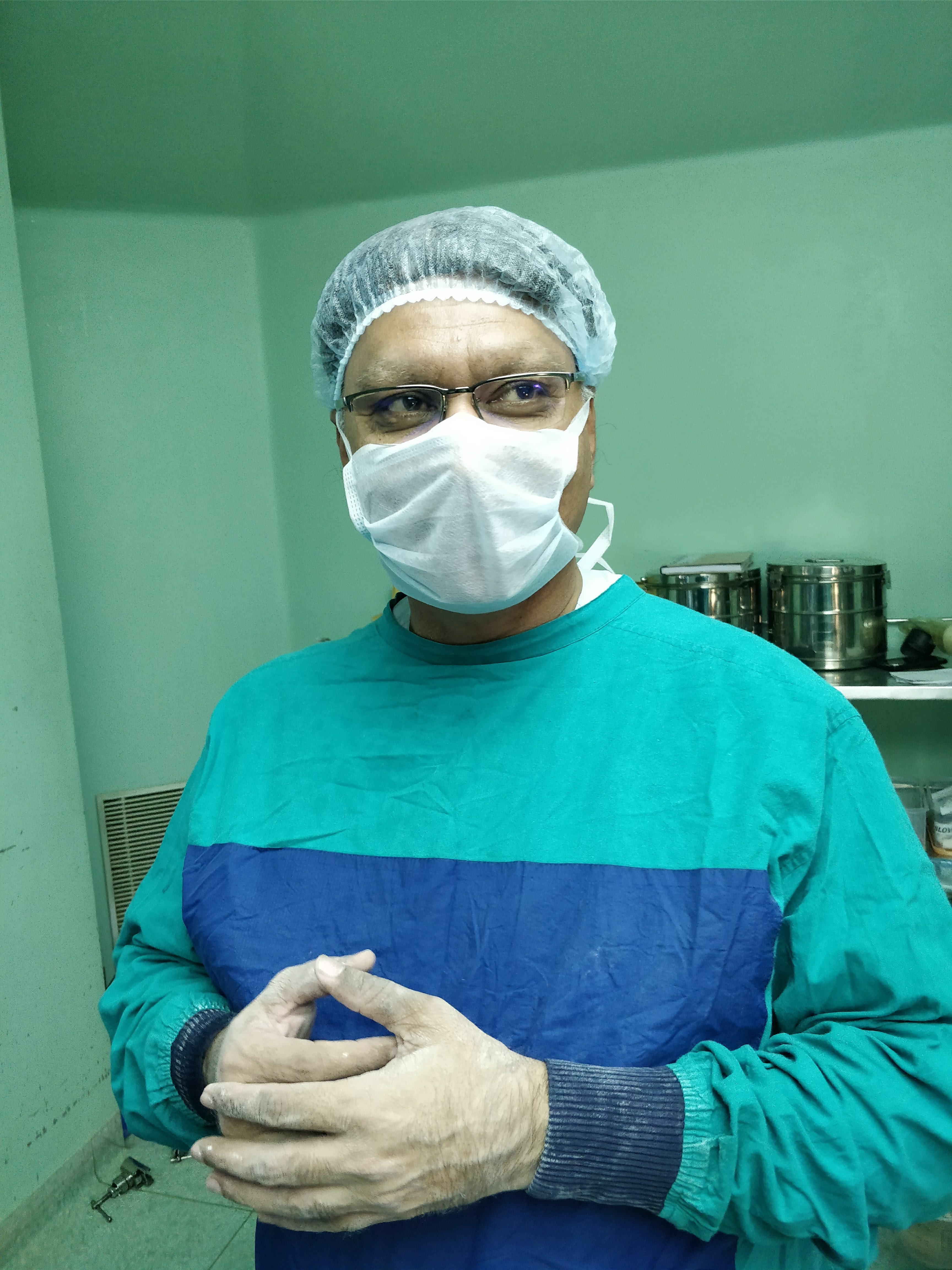
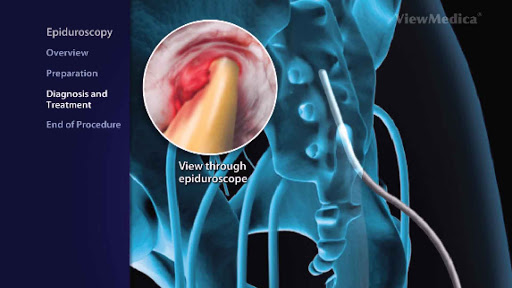

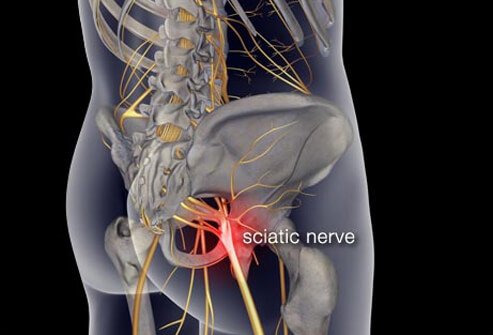

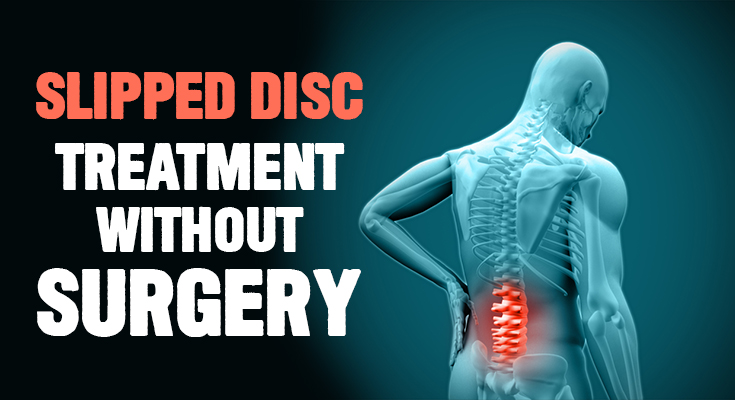





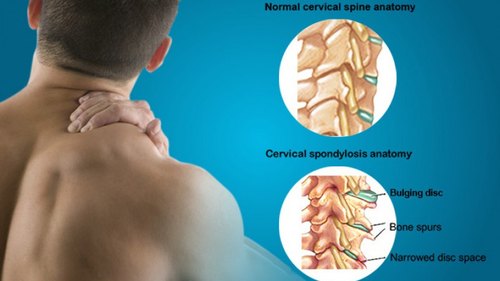







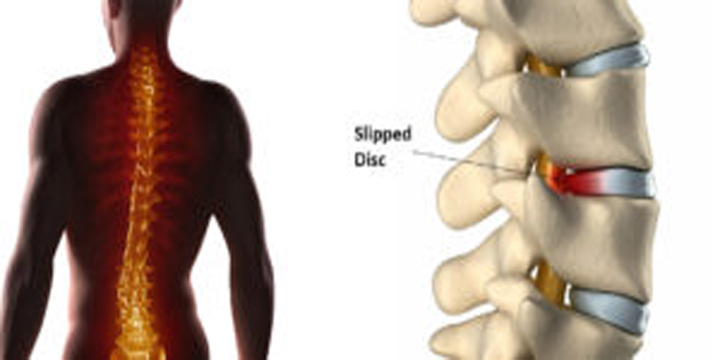
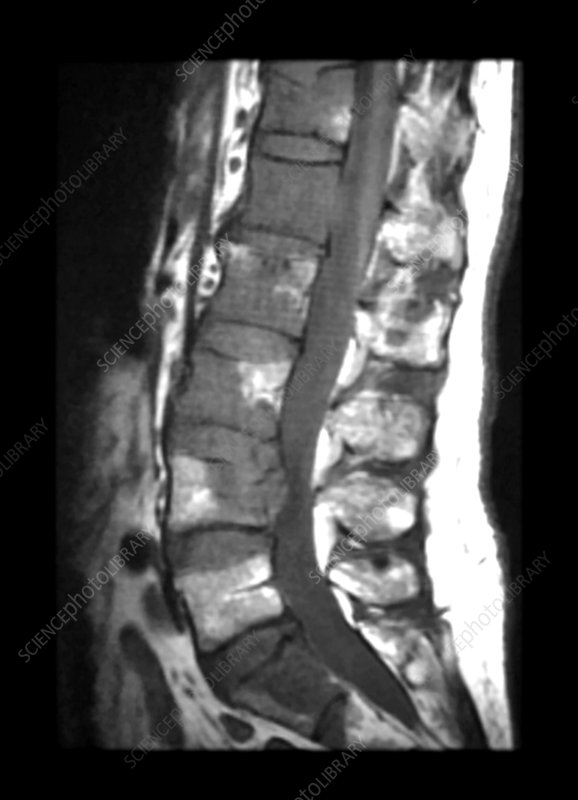




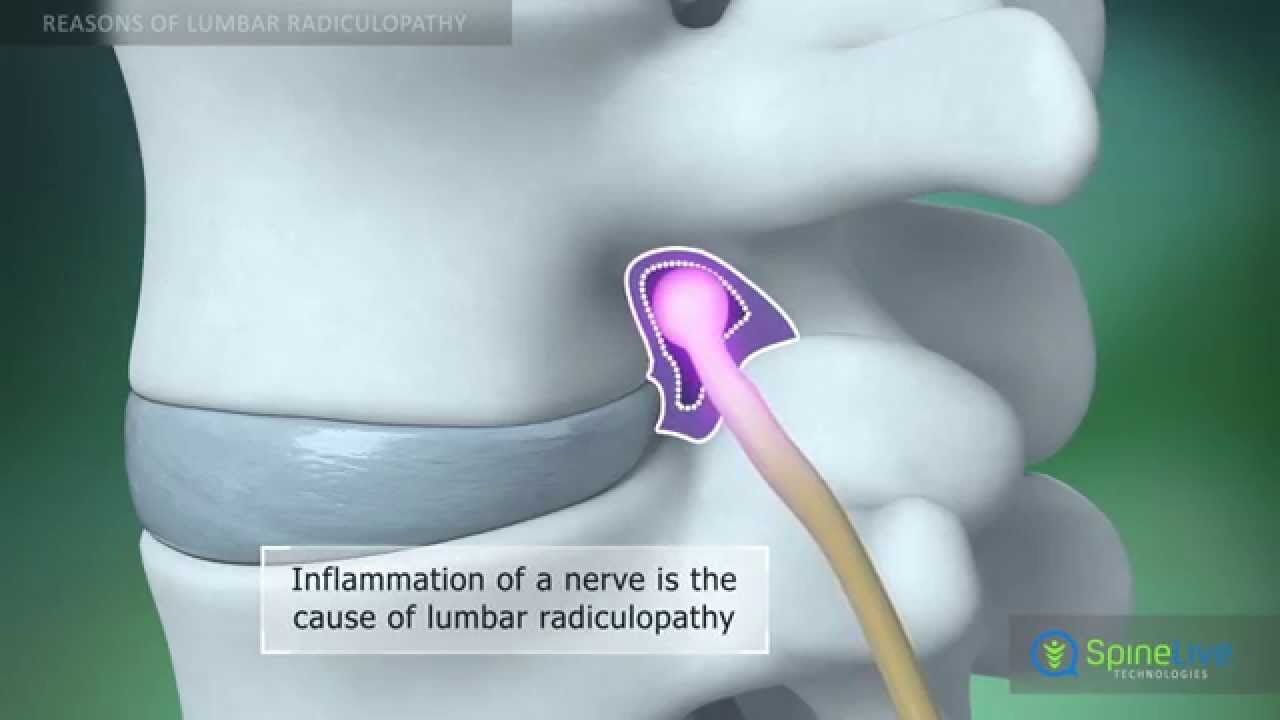
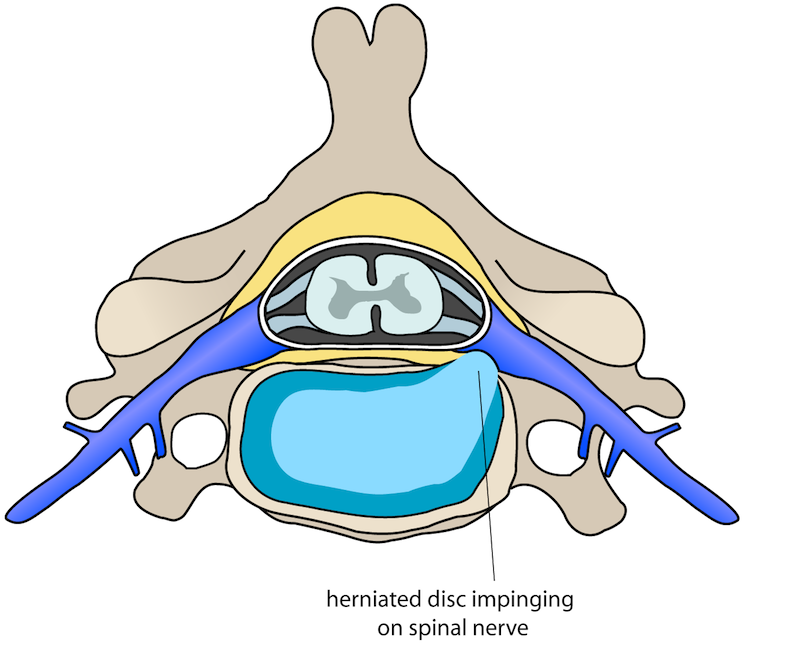
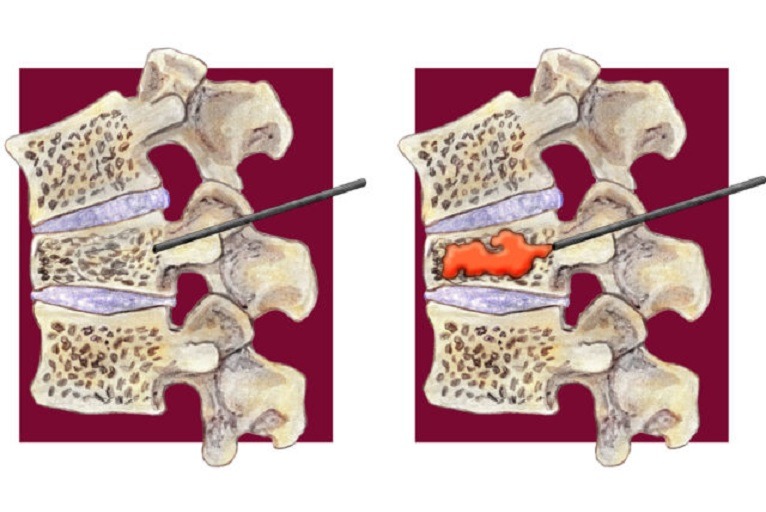












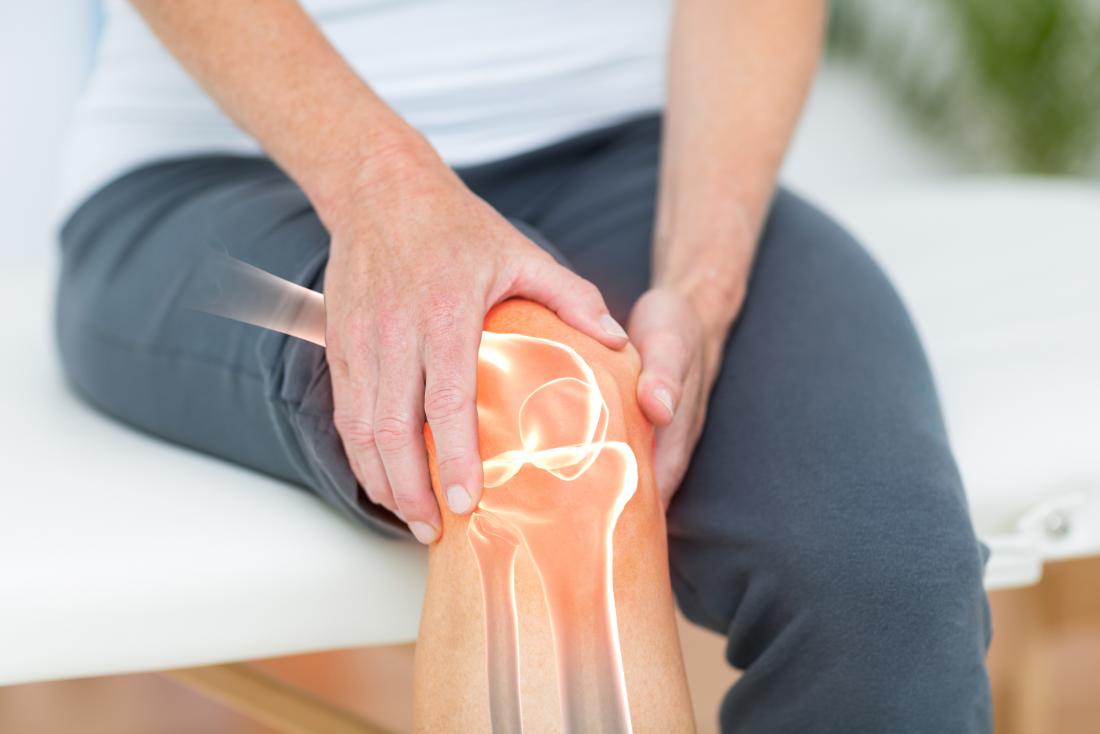
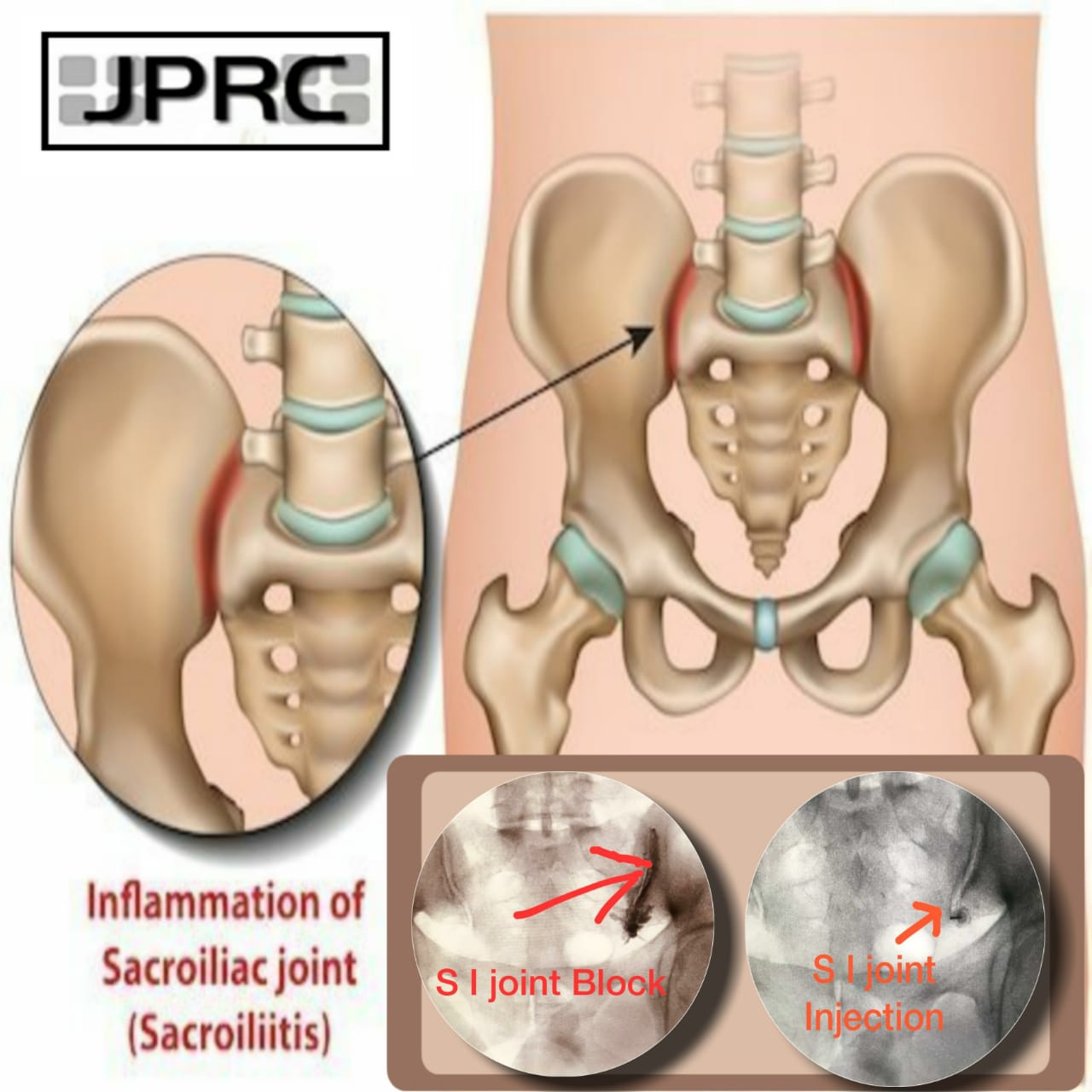





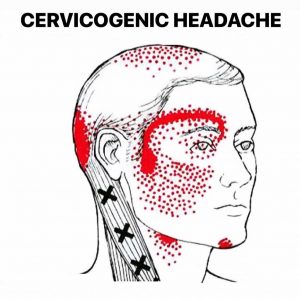




.jpg)








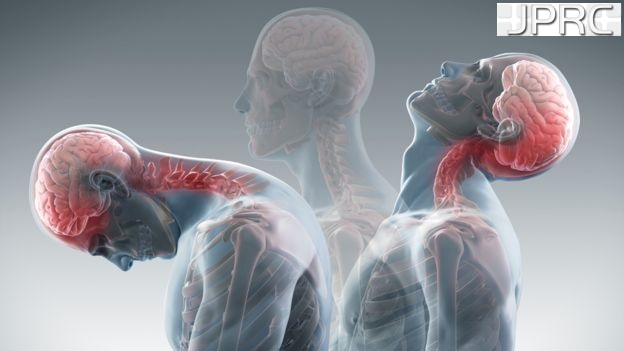


_Injection_Description_in_Hindi.jpg)
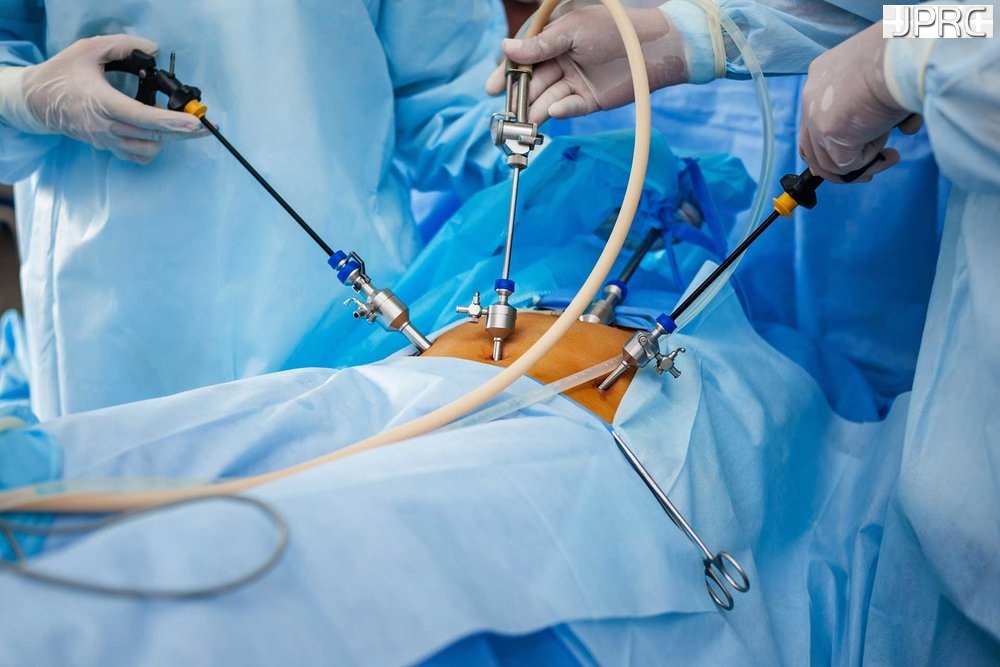

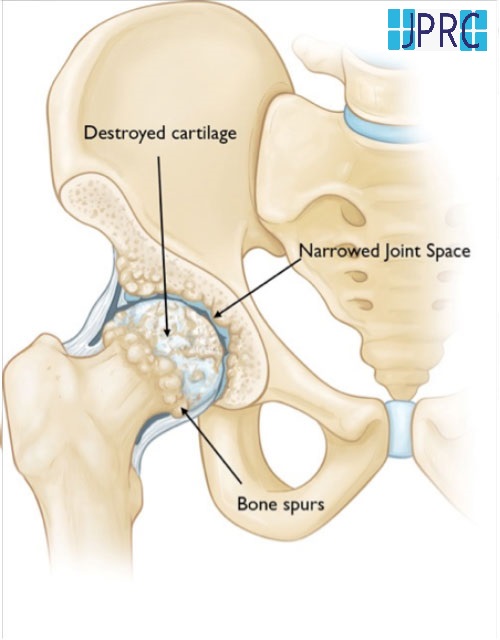



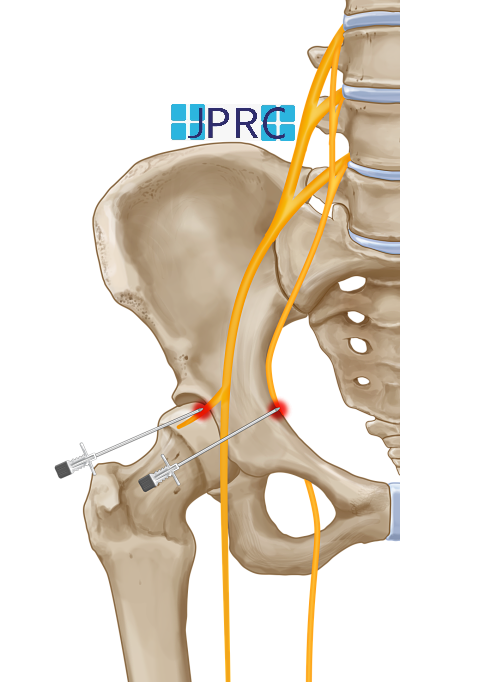


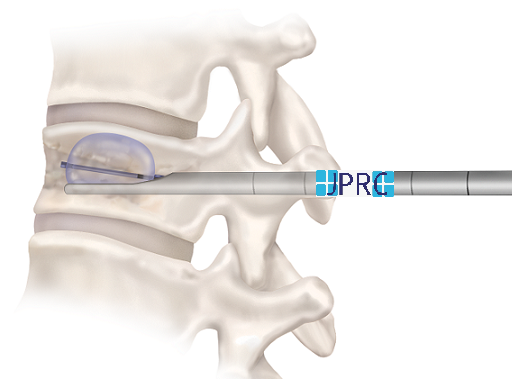

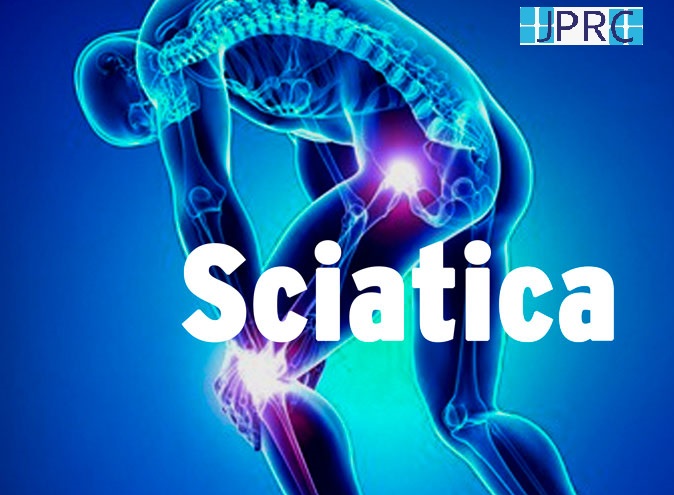



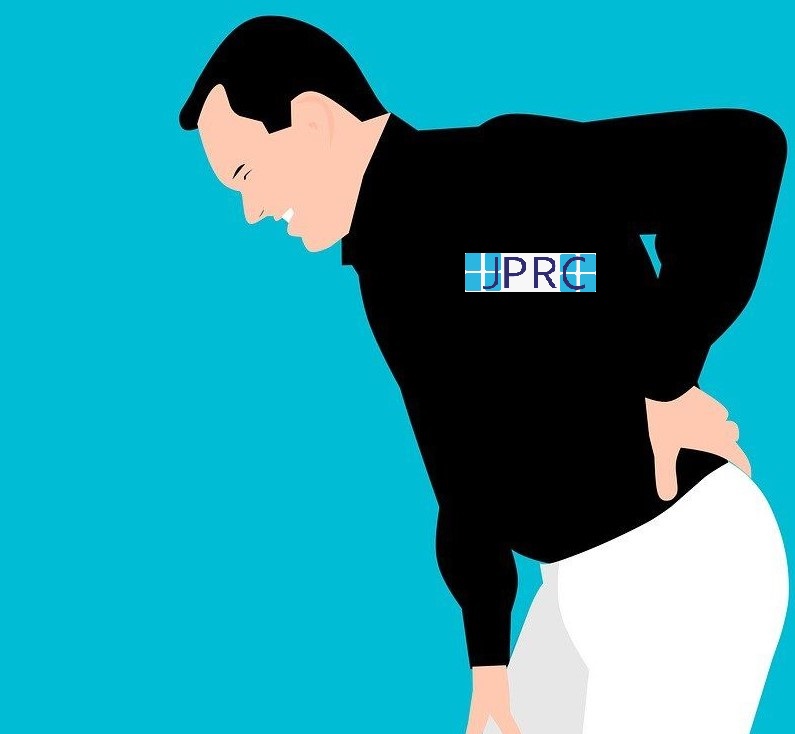
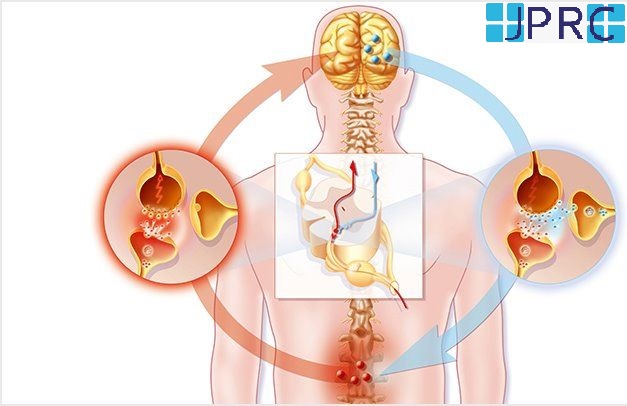


.jpg)
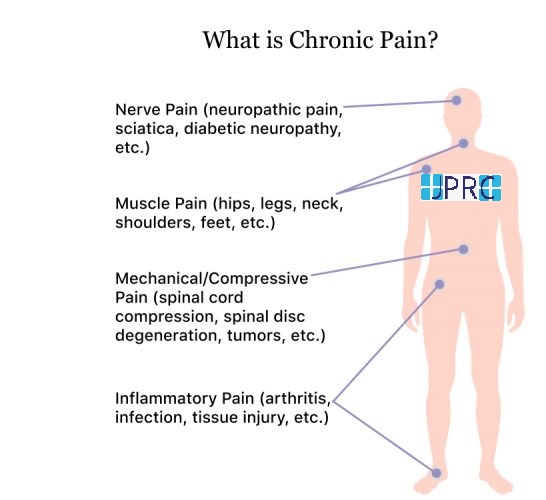









.jpg)




.jpg)
.jpg)
.jpg)



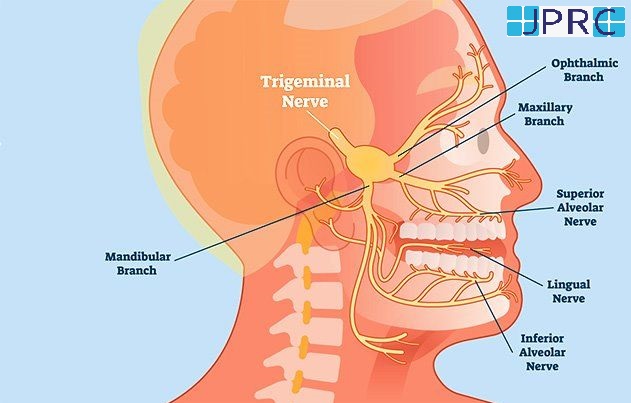



.jpg)
.jpg)
.jpg)
.jpg)
.jpg)
.jpg)
.jpg)
.jpg)
.jpg)
.jpg)
.jpg)
.jpg)
.jpg)
.jpg)
.jpg)
.jpg)
.jpg)
.jpg)
.jpg)
.jpg)
.jpg)
.jpg)








1.jpg)
1.jpg)
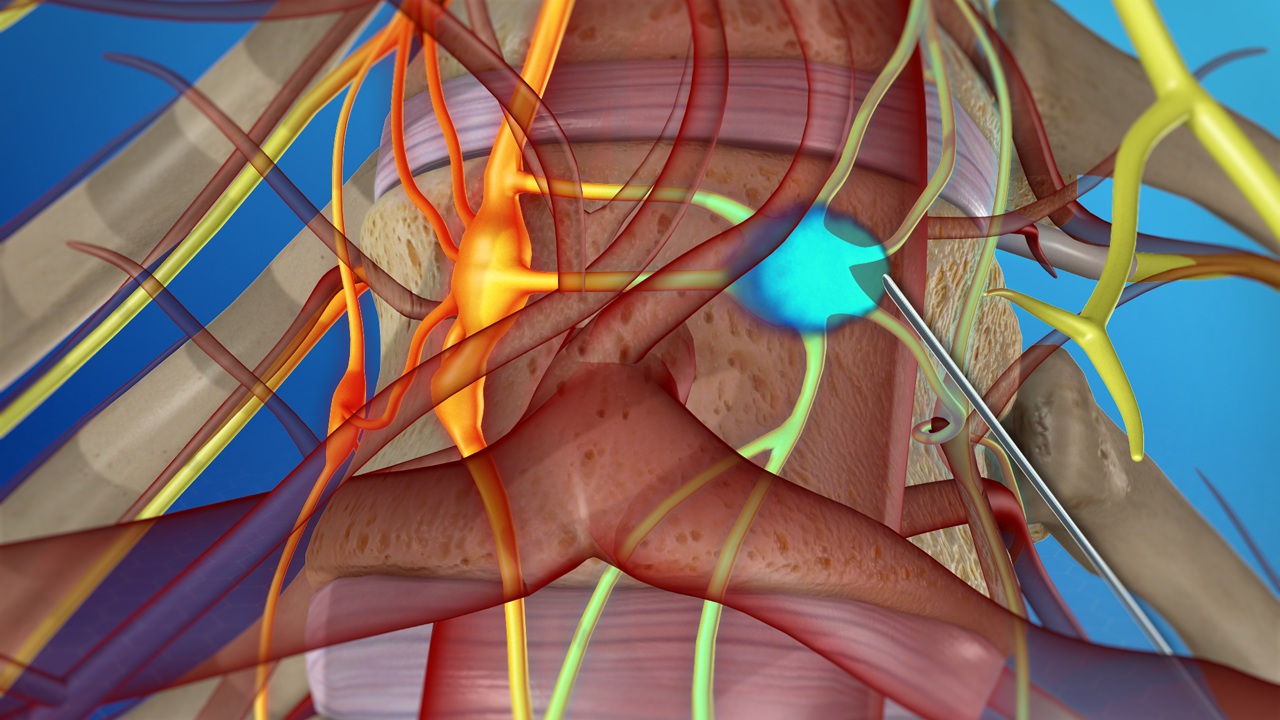
1.jpg)
1.jpg)
1.jpg)
1.jpg)
1.jpg)









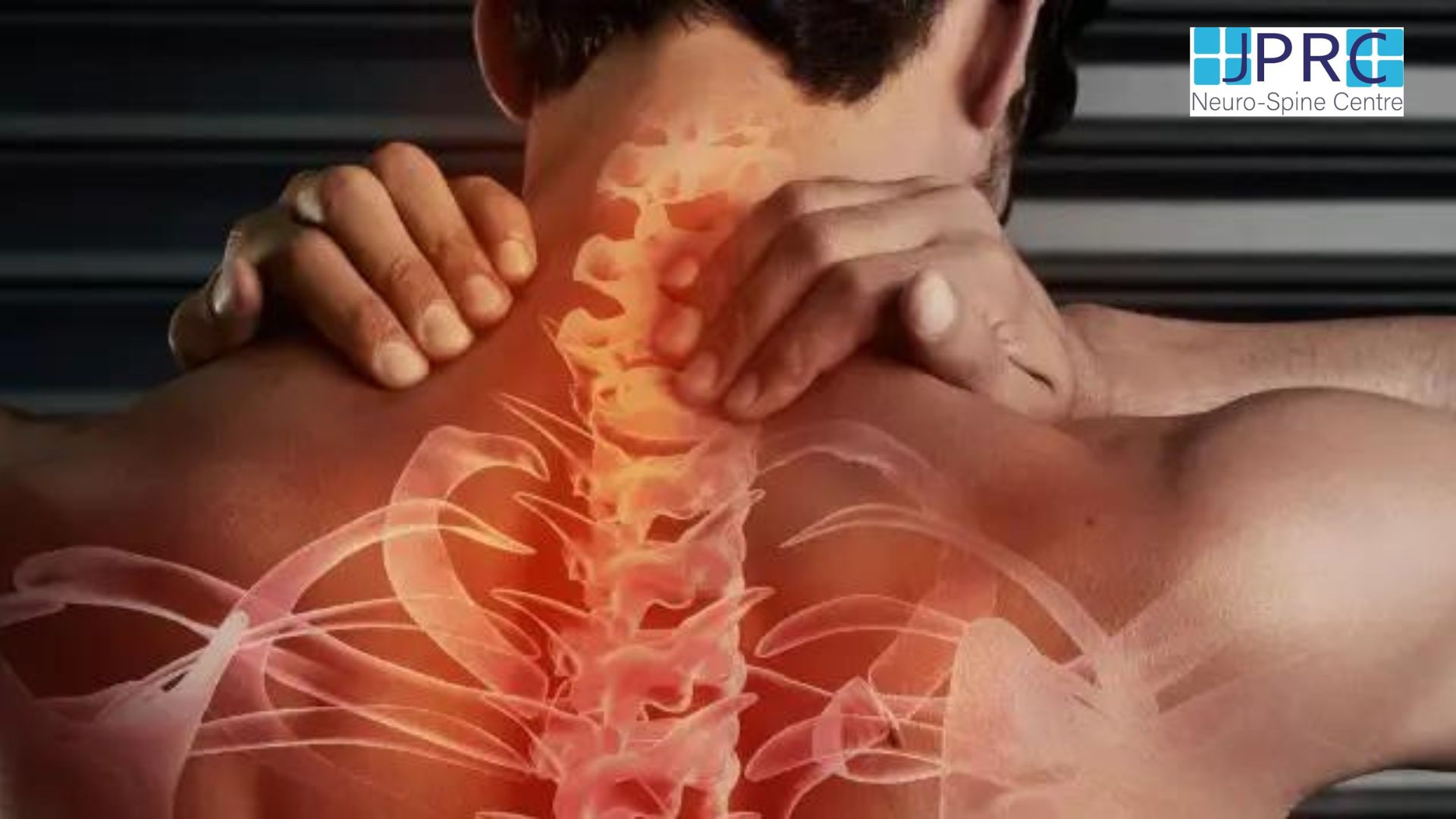
2.jpg)
3.jpg)

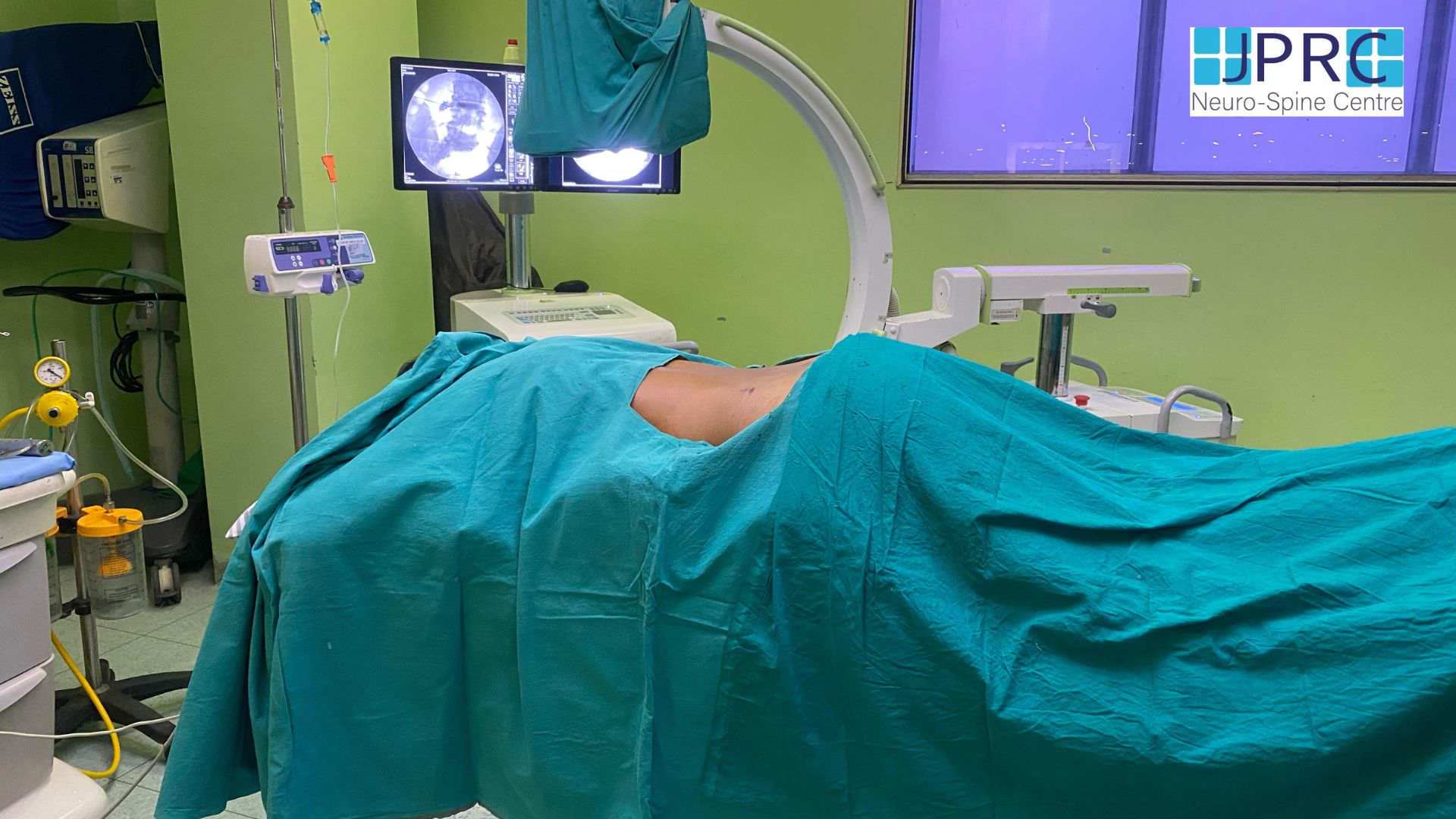

4.jpg)
1.jpg)
2.jpg)

5.jpg)
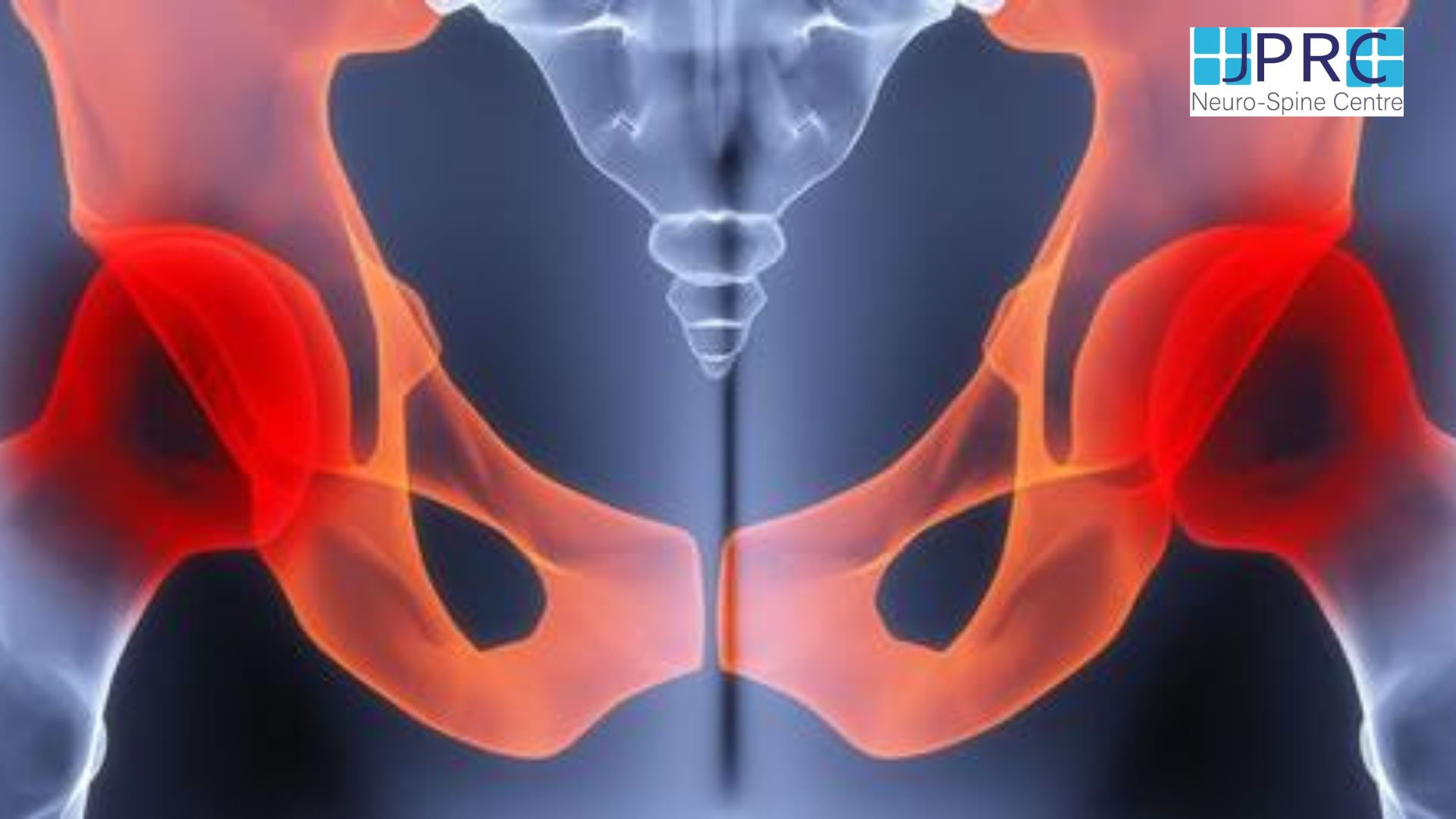
6.jpg)
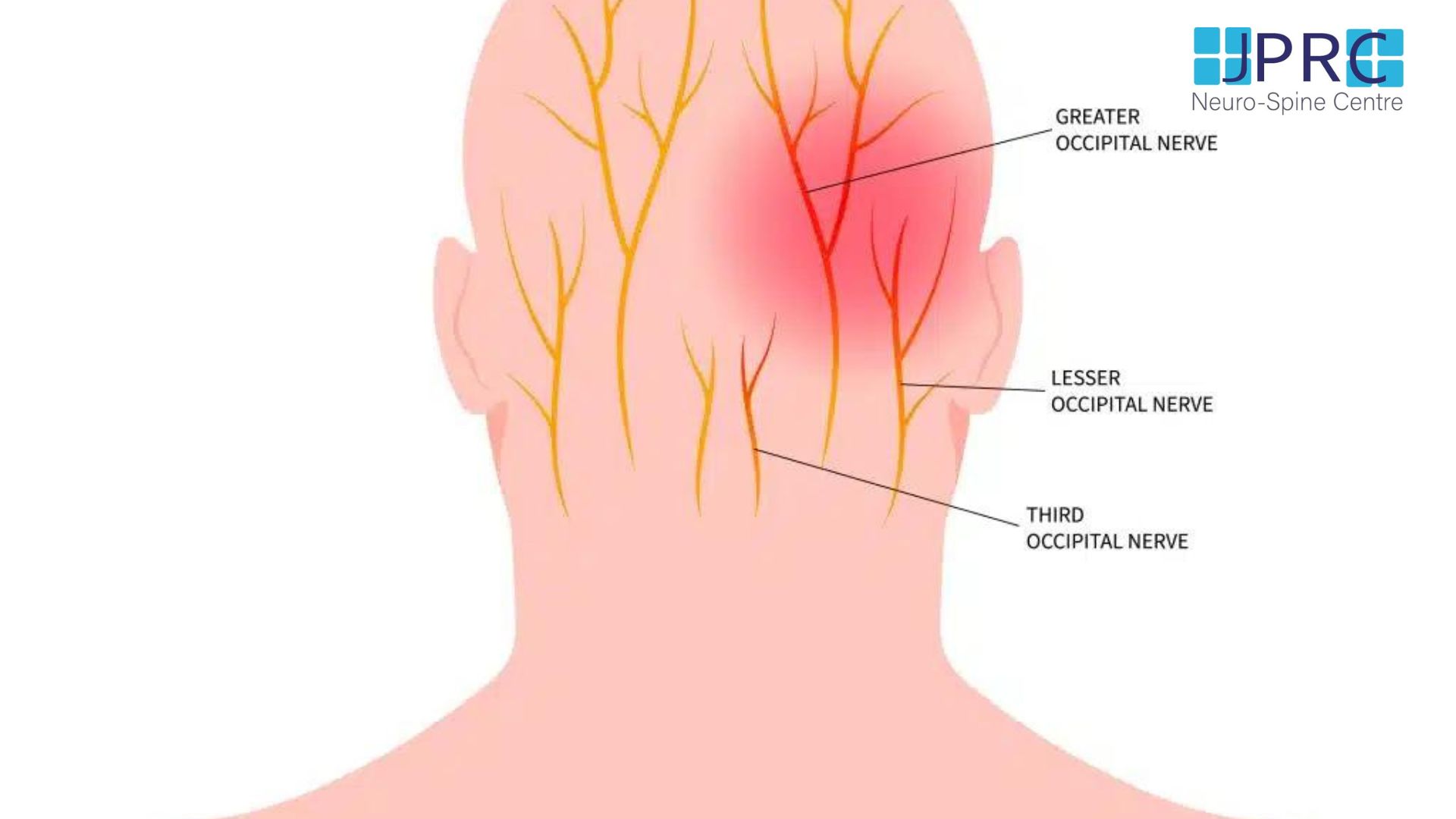
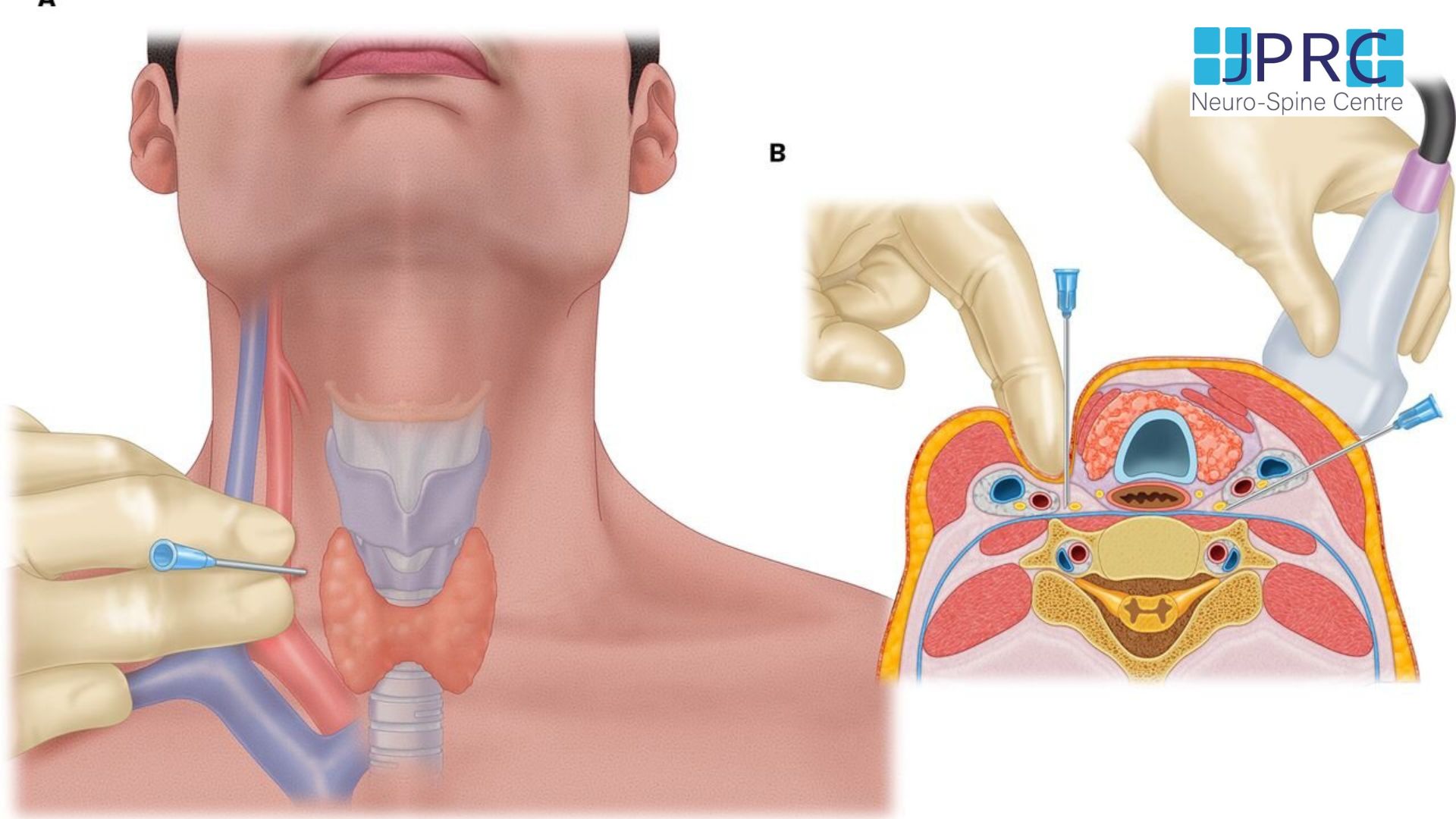


7.jpg)
2.jpg)

8.jpg)

9.jpg)
3.jpg)

10.jpg)

11.jpg)


12.jpg)
4.jpg)


























